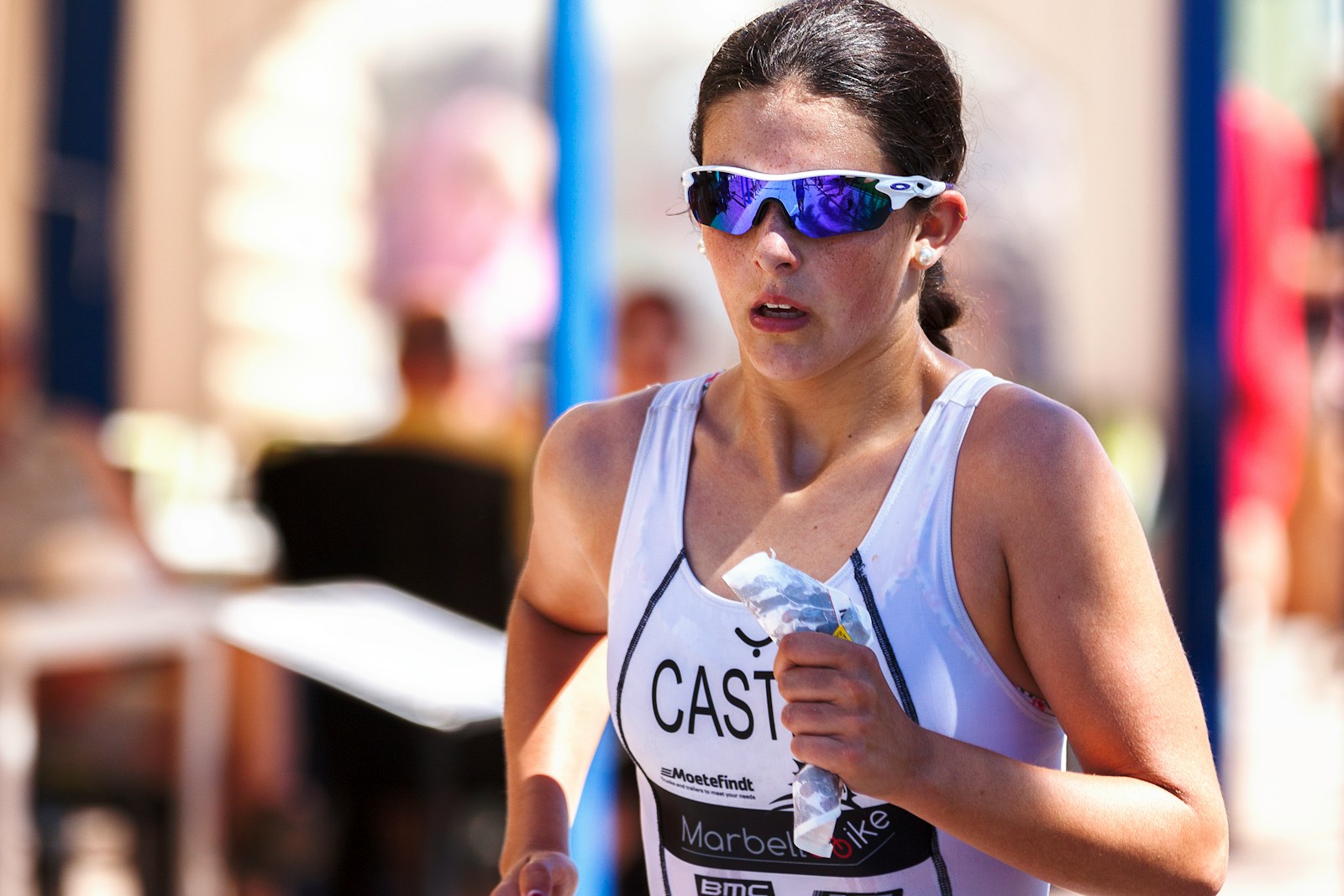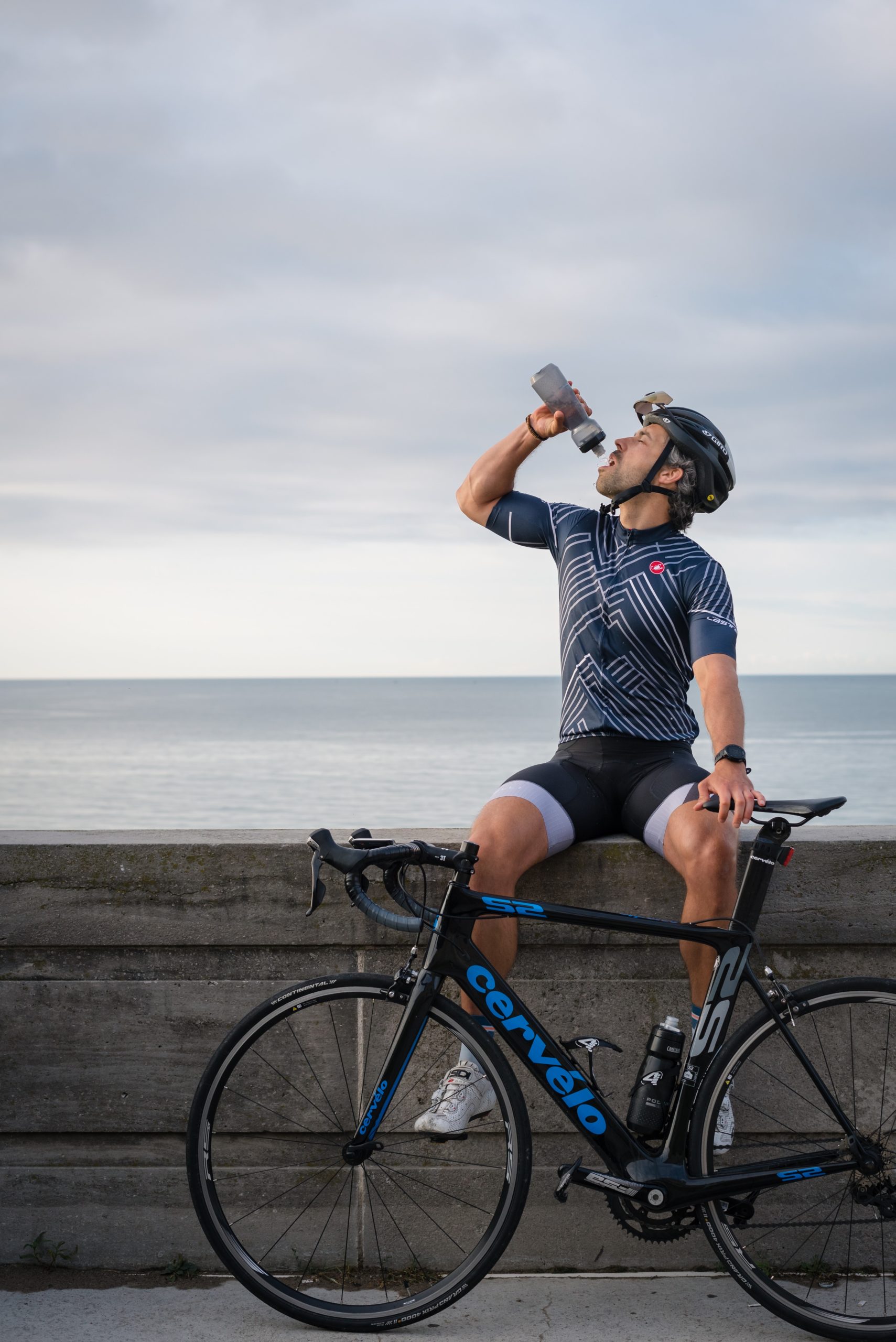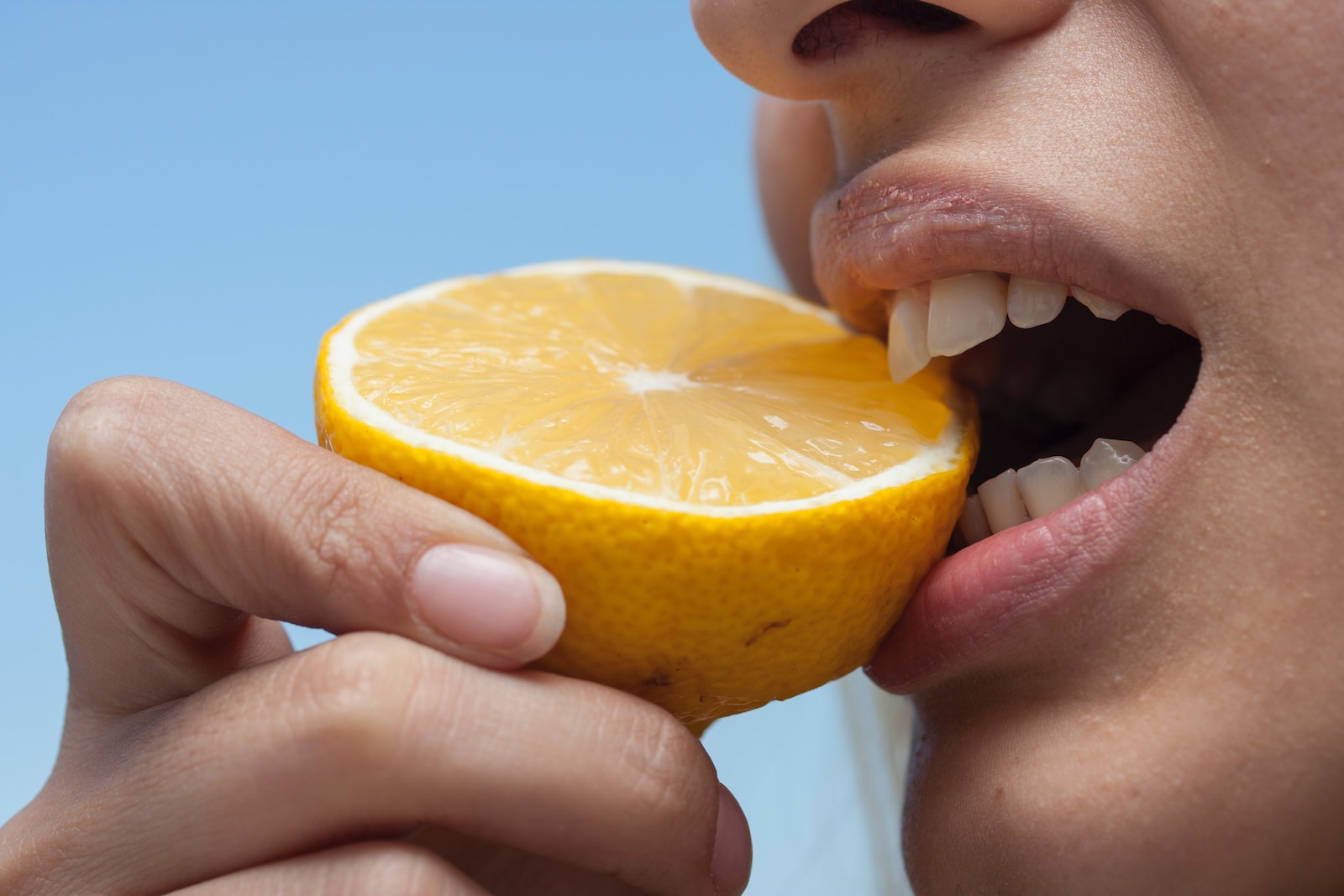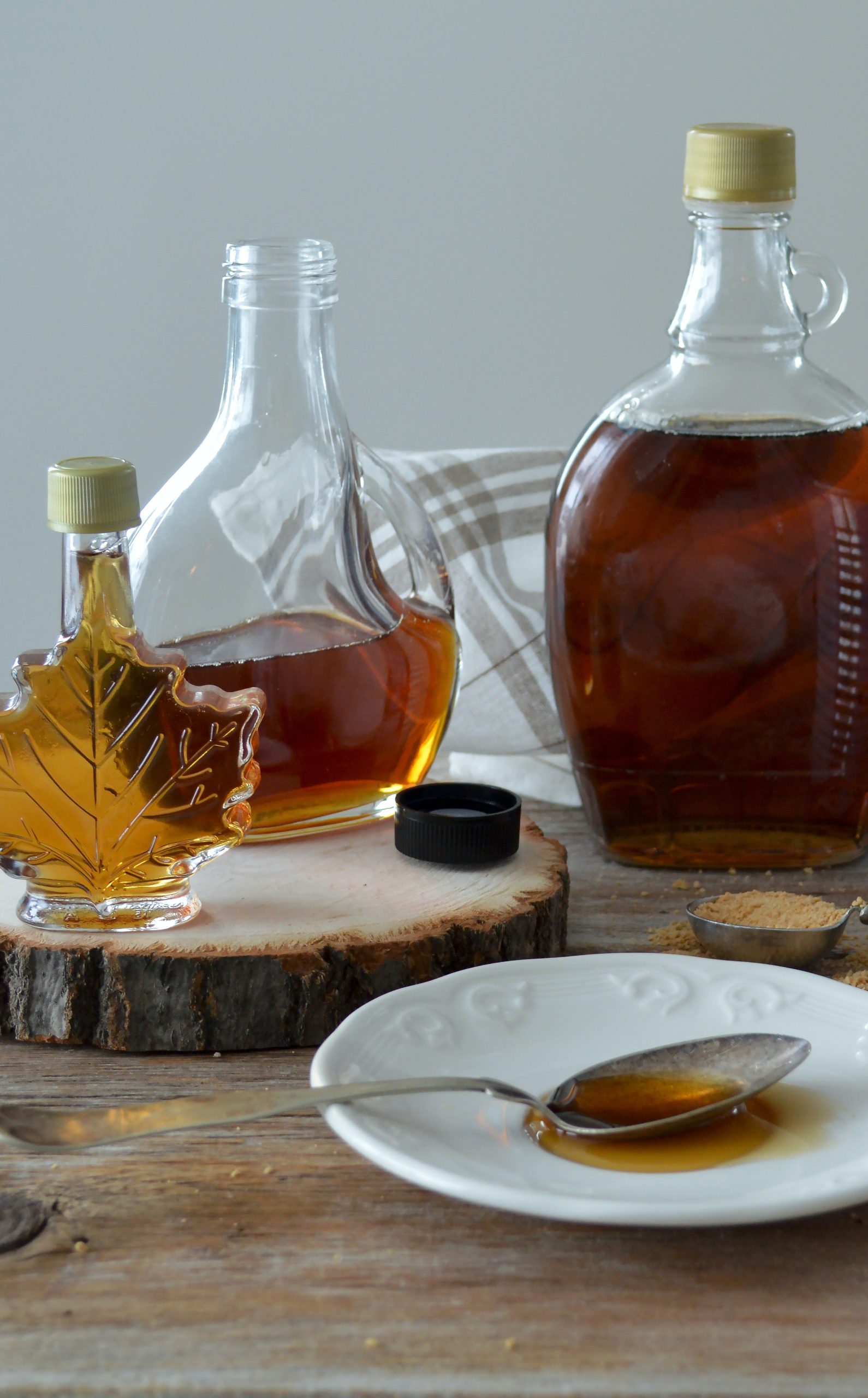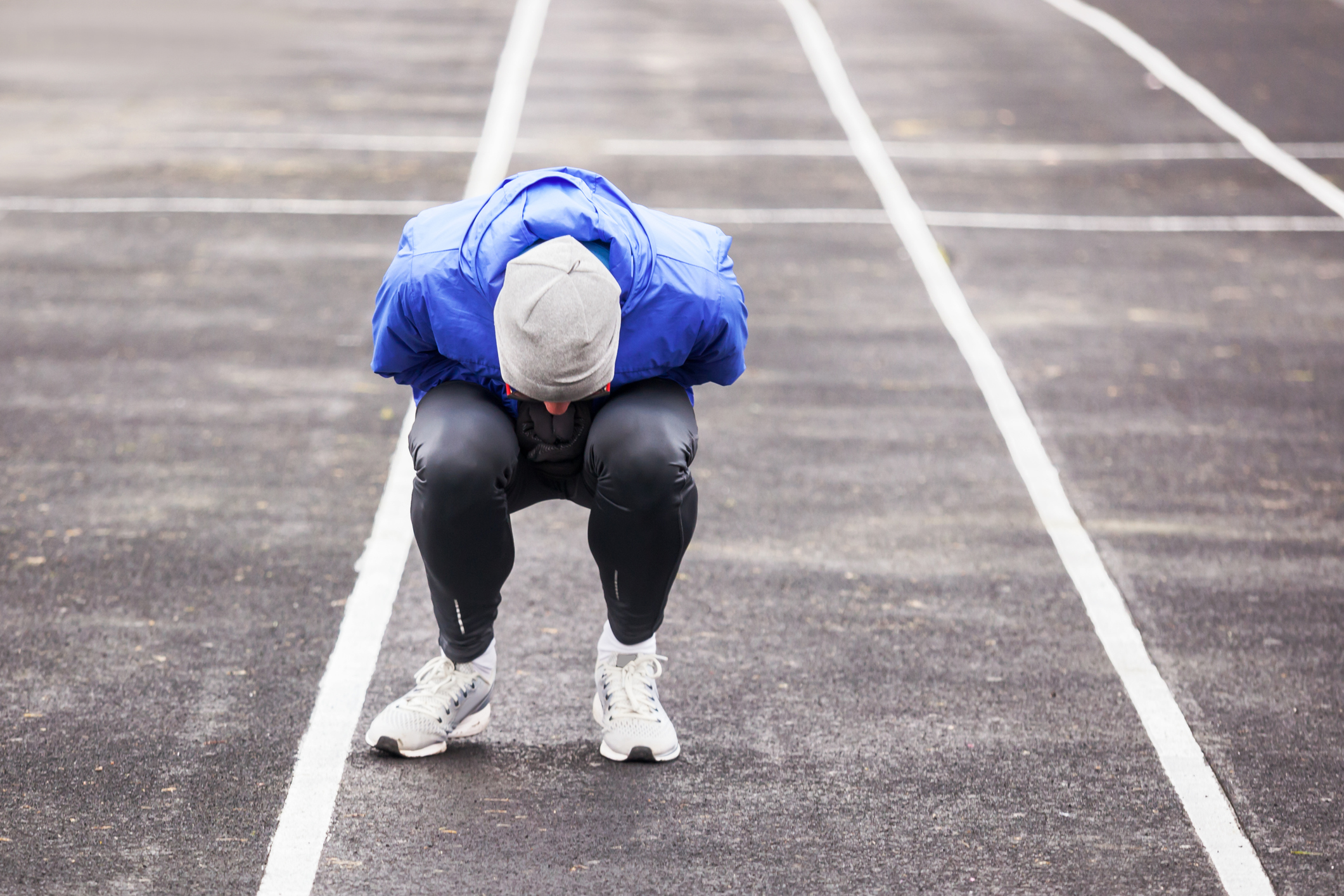The Female Athlete’s Guide to Fueling & Hydration for Optimal Performance. Part I: Pre-Workout Fueling

Female Athlete’s Guide to Fueling
Imagine you are preparing for a long road trip. How often do you pack the car, check for missing essentials, hit the bathroom, and fill the gasoline tank with water before heading out of town? Never, I hope! Why, because cars don’t run on water. Automobiles use gasoline as fuel and depending on the vehicle, they require a specific octane rating for optimal performance. Similarly, an athlete, specifically a female athlete, should take the same approach to her fueling plan.
It’s important for the female athlete to understand her unique physiology and how to pair nutrition and fitness for optimal performance and health. The longer and more intense the session the more critical fueling becomes to your performance and ability to adapt to the physical and hormonal demands. Establish a fuel/hydration plan in training and follow the “nothing new on race day” approach. The recovery snack post workout is a non-negotiable. The female body experiences hormonal changes throughout the monthly cycle and how that affects performance should be taken into consideration. And finally, the thing we both yearn for and struggle to get enough — sleep. We’ll discuss how this affects our body, hunger, and performance.
Since this is an important topic, full of applicable, detailed information, the article will be in distributed in four parts. Stay tuned for future installments.
Let’s dive in to part I, fueling before the workout.
Topping off the tank – Pre-Workout
Assuming you’re eating a balanced diet most of the time, let’s start with what to eat before a training session/event.
Pre-training fuel guidelines:
- Choose a carb based, low-fiber, low-fat, with moderate protein, easy to digest carbs.
- Avoid high fat and high fiber – since it delays gastric emptying and may lead to GI distress.
- Avoid or limit foods/products high in fructose because it takes the gut longer to digest and may lead to GI distress. (Bananas have ~ 7g fructose- which is okay). More on fructose in part 2.
Fun Fact: females are more prone to GI issues than men due to our hormonal fluctuations. Runners are the most susceptible because of higher heart rates and jostling effect.
First Thing in the Morning
The time-starved athlete who has an early morning 60-120-minute training session often goes into this session fasted – because either they don’t feel hungry that early in the morning or the end goal is to get leaner.
Both of these methods almost always backfire. Why? Because training in a fasted state adds stress to the body, which releases cortisol, which adds insult to injury since cortisol levels are highest in the morning. Elevated cortisol levels stimulate fat storage! To make matters worse, it is physically harder to dig deep and execute high-quality workouts in a fasted state, so you might as well stay in bed.
What a Woman Should Eat Before an Early Morning Workout
Before an easy or low stress early morning workout, I recommend 20-30g easy to digest carbohydrate. For example, any of these:
- ½ cup applesauce
- 10 saltine crackers
- 1 cup grits
- 1 medium banana
- 1 slice low fiber bread with jam
- 1 large rice cake with jam
- a handful of grapes
- a sports nutrition product such as 2-3 Clif Bloks with water.
Fueling Before a Key (intense and/or long) Workout Training Session or Event
- 3-4 hours before, a larger meal. 400-800 calories, (3-4g carb/kg bodyweight)
- 1.5-3 hours before, medium sized meal. 250-400 calories, (1.5-3g carb/kg)
- 30-90 min before, small meal or snack. 100-250 calories, (0.5-1.5g carb/kg)
Use these nutrition guidelines as a template to test drive what works for you before a workout or event. Ideally, go with real food when possible.
What and how much to eat all depends on how far in advance the meal is from the start. The further out you are able to eat the more you can consume. Before an event, at least 2-2.5 hours is ideal. Before a workout, eating 2+ hours out is not always possible. In that case, eat a smaller snack and forgo fueling for the first 45 minutes of the workout while keeping intensity low, and sip water to allow adequate time for digestion.
What a Woman Should Eat Before a Key Workout or Event
Good choices are: waffles, oatmeal, grits, gluten-free bagel or toast (because it’s easier to digest) with jam and/or nut butter, English muffin, banana, grapes, oranges, berries, non-fat yogurt.
Use this pre-event meal designed for a 125-pound (57kg) female athlete 2-2.5 hours before an endurance event to give you inspiration.
1 plain bagel* (53g carbs, 9g protein 1g fat, 1g fiber)
1 medium banana (23g carbs, 1.3g protein, 3.1g fiber)
½ cup nonfat vanilla greek yogurt (12g carbs, 18g protein)
1 tbsp peanut butter (3g carbs, 8g fat, 4g protein, 1g fiber)
1 tbsp jam (13g carbs)
Total: 104g carbs, 32g protein, 9g fat, 5.1g fiber
*gluten free option if you are GI sensitive.
Don’t stress if the pre-race jitters have messed with your stomach. The pre-event meal is intended to top off stores and replace what was used overnight. What’s more important is how well you fuel in the 48 hours before the event. Eat as tolerated and stay well hydrated but don’t go overboard and force it.
Next up, Part II of the Female Athlete’s Guide to Fueling & Hydration – During The Event or Training.
Female Athlete’s Guide to Fueling


